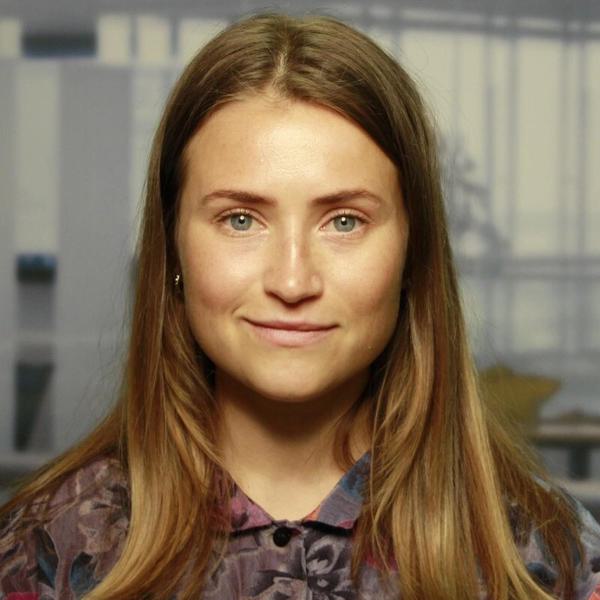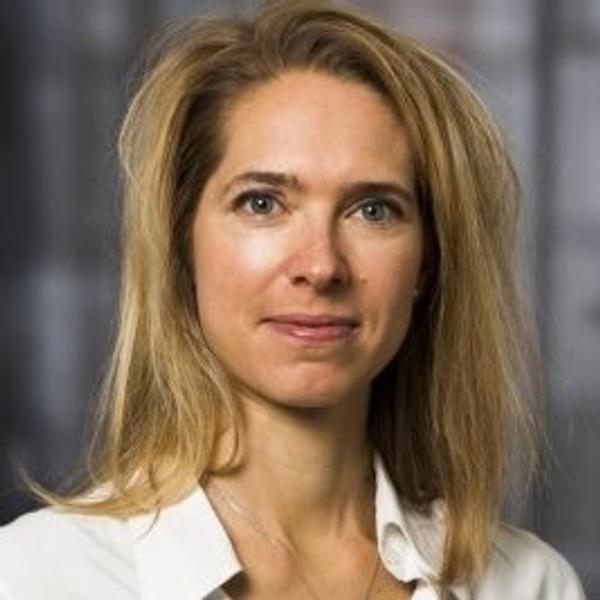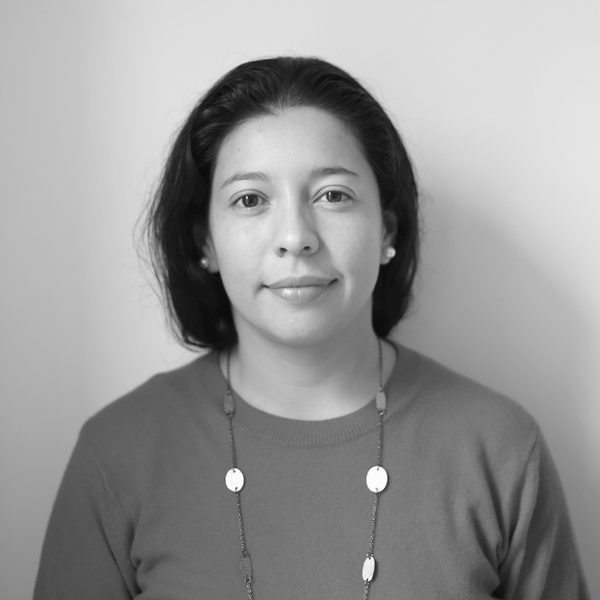Copenhagen: Behind the Green Curtain – an Exploration of Social Justice
7 December 2023
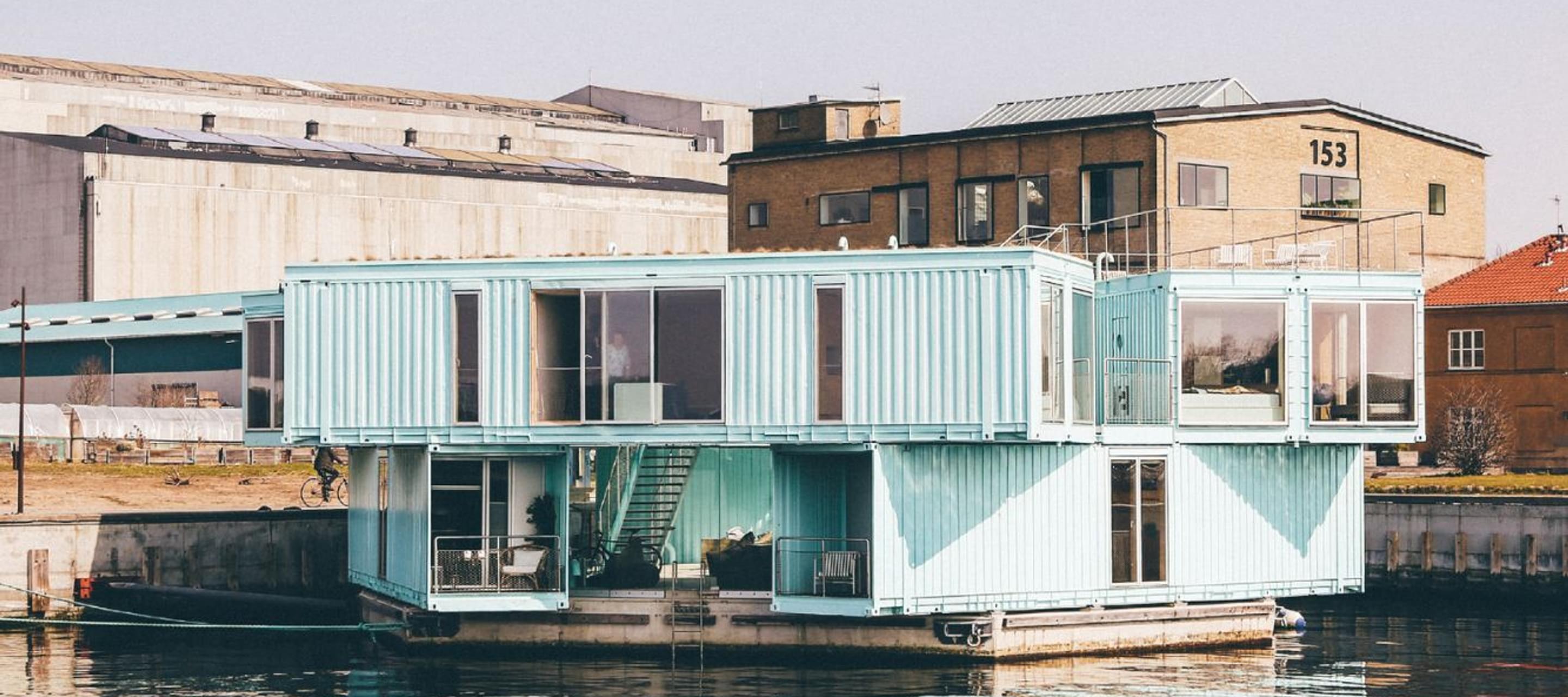
Cities are often where people experience the impacts of climate change and of climate action, which can raise living costs and socio-economic inequalities.
In a series of local research cycles, IHRB is spotlighting eight cities, focusing on their built environment decarbonisation and resilience plans. This research series asks: how is each city minimising the negative social consequences of climate action, and maximising the positive impacts that built environment can have for inhabitants and the environment? And what are recommended actions from the government, investors, and the private sector?
Copenhagen Summary Report
Over the past two decades, Copenhagen has led the way globally in becoming a greener, healthier city. However, not all citizens have equally benefited from this green transformation, particularly due to increasing housing prices challenging people’s access to affordable housing in the city, resulting in green gentrification.
This study builds on desk research, stakeholder interviews and a visioning workshop to investigate pathways to strengthen the social dimensions of decarbonisation and climate resilience in Copenhagen’s built environment. The research, its analysis, conclusions, and recommendations aim to embed greater attention to human rights standards, legal obligations and responsibilities within relevant government and business actions.
Findings revealed:
- The pursuit of social sustainability in the decarbonisation and resilience of Copenhagen’s built environment hinges on several actions. Although the city is considered to be relatively mature when it comes to the economic and environmental sustainability agenda37, initiatives focused on the social dimension of sustainability are still relatively immature and risk being compromised.
- The realisation of a just transition in the built environment requires a shared understanding of social risks and opportunities, as well as ambitious visions, targets, metrics and methods to serve as a framework for ensuring the benefits of climate action are equitably shared amongst citizens.
- Copenhagen has a fertile environment for the emergence of this framework: in terms of urban governance, political will, educated and engaged civil society, business awareness, and impact investment appetite.
- There are multiple opportunities in this ecosystem to strengthen the social dimensions of sustainability and various concrete steps that can be taken by built environment stakeholders in Copenhagen to leverage these opportunities.
Visioning Workshop
On 12 September 2023, as a part of the 'Building for Today and the Future' project, stakeholders across different sectors gathered at Demokrati Garage in Copenhagen. The workshop, organised by IHRB & Rambøll Management, aimed to create a shared vision for socially inclusive climate action in Copenhagen's built environment.
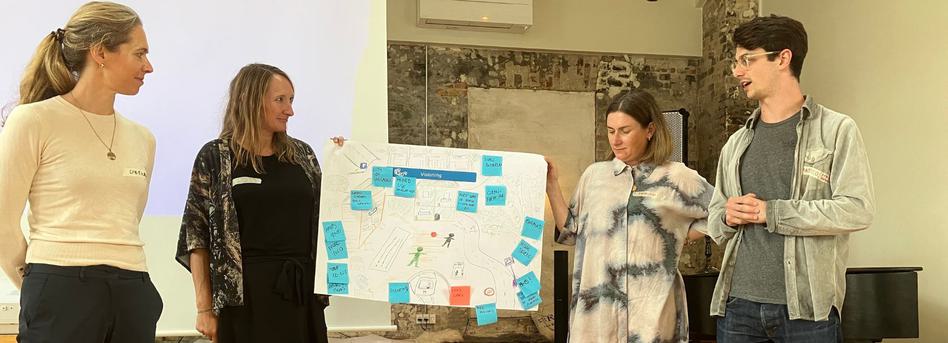
Landmapping
To increase transparency and accountability in Copenhagen's built environment, IHRB has collaborated with Dark Matter Labs to map the ten largest land-owners in the city.
- Find out more about why land ownership mapping is important who owns the most land in Copenhagen.
- Read some case studies about how land ownership affects human rights.
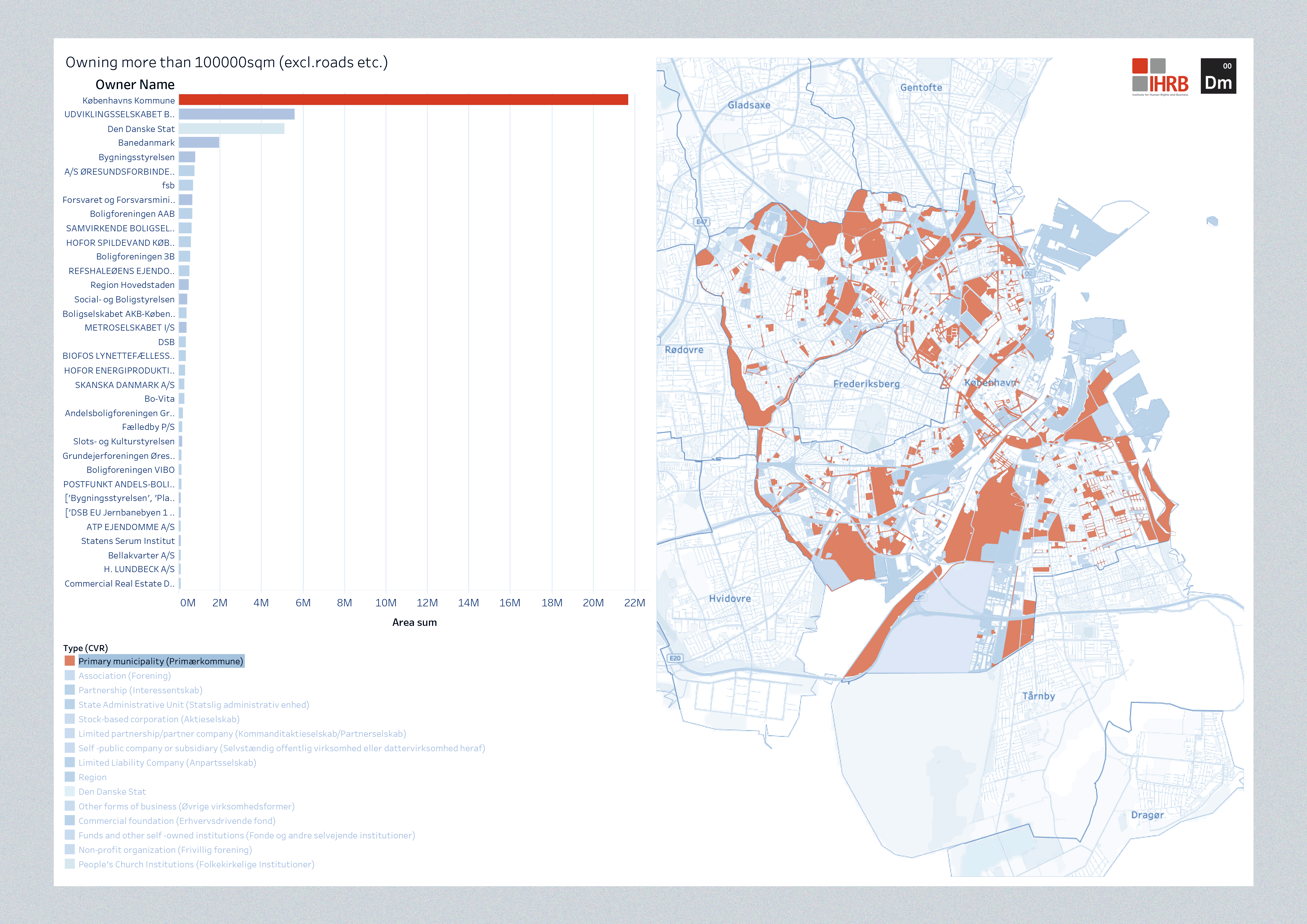
Cities of the future
Visions for a just and climate-resilient built environment
We commissioned young artists in Lagos, Lisbon, Jakarta, Prague, Copenhagen and Melbourne to bring the visions of a fairer, greener future for each city to life through visual art pieces that can serve as a unifying vision for a locally-grounded, fairer transitions.

Copenhagen Artwork by Vivian Monteiro Malta
The Building for Today and the Future project
These research summaries are part of The Building for Today and the Future project, which benefits from guidance and insights from its thematic partners including ICLEI - Local Governments for Sustainability, Building and Woodworkers International, and the International Union of Tenants.
The Building for Today and the Future project is made possible with support from Laudes Foundation and Ove Arup Foundation.
